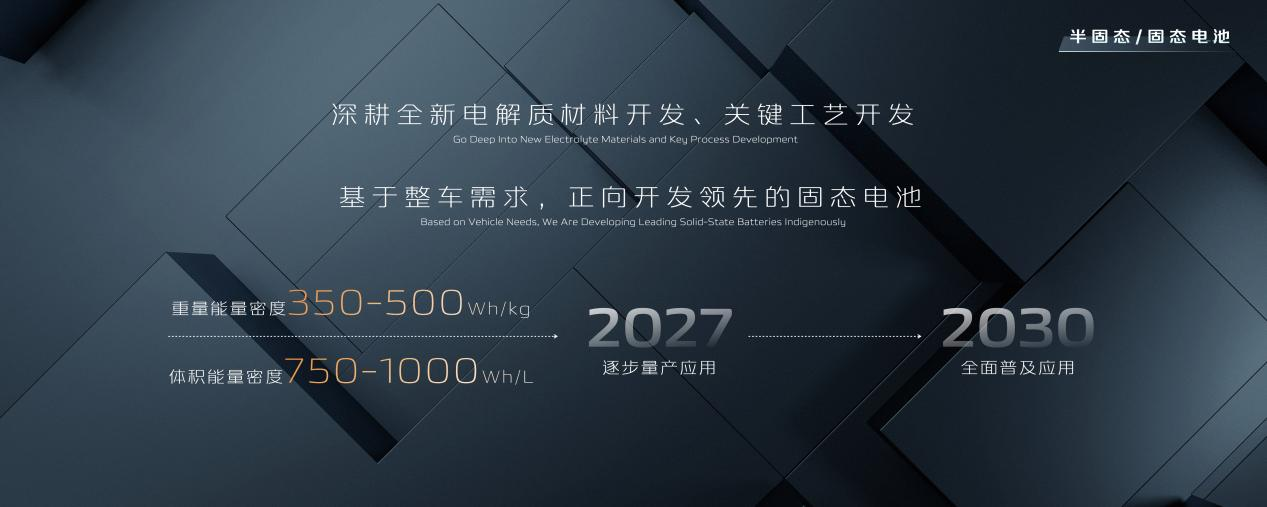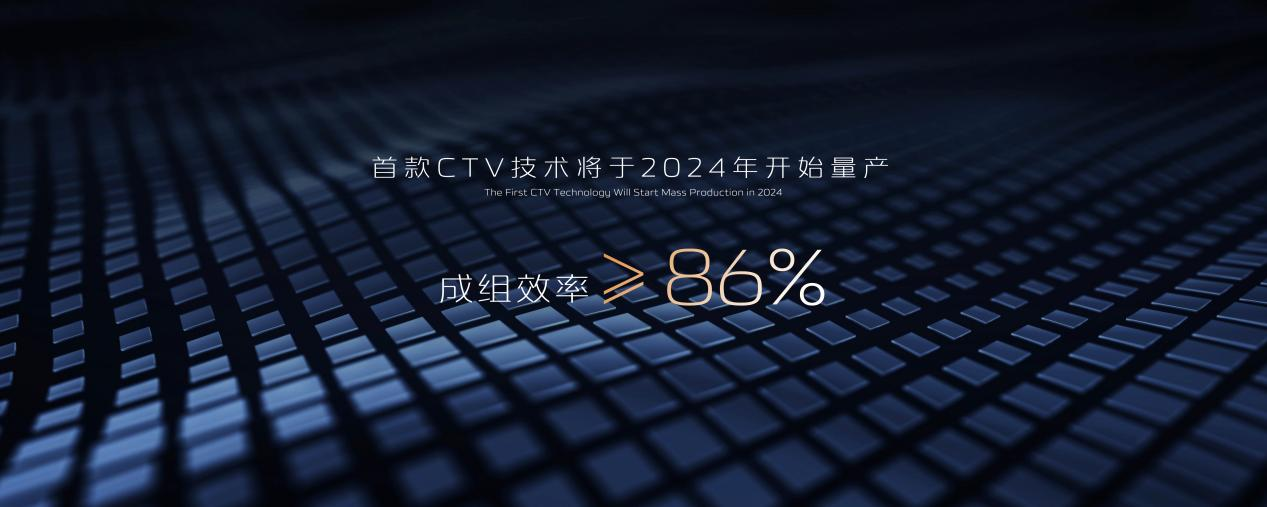Changan Auto launches battery-dedicated development plan at Auto Guangzhou 2023
Shanghai (ZXZC)- The 21st Guangzhou International Automobile Exhibition, which was inaugurated on November 17, 2023, witnessed a significant stride as Changan Auto unveiled its battery business development plan, marking a solid step towards transforming into a technology company for intelligent and low-carbon mobility under the Shangri-La Plan dedicated to new energy vehicle business.

Photo credit: Changan Auto
Under the new battery plan, Changan Auto envisions establishing a self-developed battery brand, "Jin Zhong Zhao" (translating to "Golden Shield"). The strategic battery plan focuses on addressing user pain points and overcoming limitations in travel scenarios, with a primary emphasis on breaking through technological bottlenecks in battery core technology.
In this initiative, Changan Auto is set to upgrade liquid batteries, enabling rapid energy replenishment. Through R&D in battery materials (phosphate iron lithium, ternary-lithium), the company aims to continuously enhance battery energy density, achieve a charging rate of 3C in practical applications, popularize 5C, and explore 7C in R&D, ultimately realizing a 400-kilometer range with a 7-minute charging session. This transformation aims to make electric vehicle charging as convenient and worry-free as refueling conventional vehicles.

Photo credit: Changan Auto
Delving into semi-solid-state and solid-state batteries, Changan Auto aspires to achieve high efficiency and extended range. The plan includes advancing the development of new electrolyte materials and critical processes, with a target to achieve a weight energy density of 350-500Wh/kg and a volume energy density of 750-1,000Wh/L no later than 2027. Gradual production and application are anticipated, with the goal of widespread adoption by 2030.
Addressing thermal insulation performance, Changan Auto adopts a new type of thermal insulation material meeting military standards, improving thermal insulation performance by 30% compared to industry standards, achieving 100% heat suppression, and elevating the usage temperature by more than 200℃ over conventional materials.
Utilizing micro-core high-frequency pulse heating technology adaptable to all temperature ranges and scenarios, Changan Auto ingeniously integrates the battery and electric drive system. This inventive solution effectively addresses the battery warming challenge in low-temperature conditions, enabling users to enjoy unrestricted driving across a wide temperature spectrum.
Simultaneously, through real-time calculations using cloud-based big data, Changan Auto ensures comprehensive protection throughout the battery's entire lifecycle, achieving millisecond-level safety risk perception and 100% prevention of safety risks.

Photo credit: Changan Auto
In terms of developing new types of batteries, Changan Auto is currently engaged in the prototype design of lithium-sulfur batteries, metal batteries, and other innovative battery technologies. The company anticipates breaking through the energy density barrier, aiming for 1,300-1,500Wh/kg, and strives to implement these advancements in applications by 2035.

Photo credit: Changan Auto
Built on these technological advancements, Changan Auto is set to introduce a series of new battery products. By 2030, the company plans to launch eight self-developed cell products, including liquid, semi-solid-state, and solid-state variants, amassing a battery capacity of no less than 150GWh. The first standard cell is slated to roll off the production line at the factory jointly built by Changan Auto and CATL, with the inaugural CTV technology scheduled for mass production in 2024, achieving a group efficiency of ≥86%.
Regarding talent reserves, Changan Auto has already established the Advanced Battery Research Institute, boasting a team of over 1,200 battery R&D personnel, including 125 senior experts and top academic talents. Future plans include an investment of 10 billion yuan, with the goal of expanding the battery team to 3,000 members by 2024.

